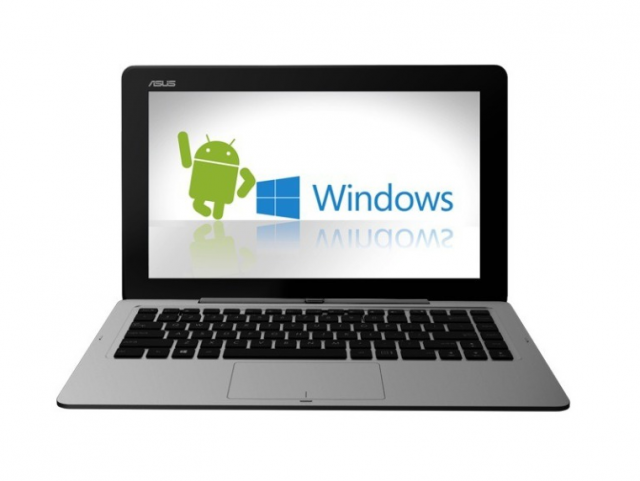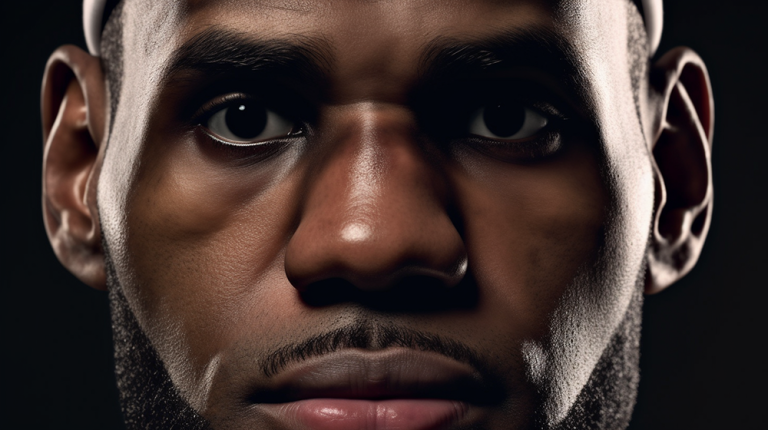Dual-boot computers are double-edged swords; they can be great, but can also mess everything up. When a product is not focused on one operating system, it also means there are more areas in which it can fail. Could this be the reason why Google and Microsoft don’t like the idea of a dual-boot Android and Windows 8 computer?
The Wall Street Journal is reporting that Google and Microsoft are not very happy with ASUS making a computer that boots both Windows and Android. ASUS planned to take the dual-boot market with the Transformer Book Duet TD300, which was announced at CES, 2014. This computer might not make it to the market now.
What can Google and Microsoft do to stop ASUS?
It’s hard to tell how much these tech giants can (or would want to) do to stop ASUS. Of course, they can make it a bit harder for these devices to reach success in multiple ways. Access to the Google Play Store would be a huge one. In addition, Microsoft could just not offer it in their stores, which would be a huge downfall for ASUS.
What is the problem with dual-boot computers?
Why is it that Google and Microsoft dislike the idea of a dual-booting computer so much? This could be due to many reasons, but it can be agreed that most times a dual-boot computer will bring more problems than solutions.
Sure, the idea of having both operating systems in one device sounds amazing, but have we seen any dual-boot device be a success? Focusing on multiple operating systems also means there is more room for mistake and issues. Not to mention, having two operating systems takes a huge toll on your hard drive.
We also have take a look at the consumer side of things. Do people really want to use dual-boot devices? Odds are most users will find one they prefer and just stick with it, anyways. Also, wouldn’t it confuse non-techies when deciding which OS to use? People probably don’t want to switch back and forth – that could easily become confusing.
A third factor here is the OS’ well-being. Having dual-boot devices is pretty much a gamble. Will users prefer Windows? Will they prefer Android? And if they choose the other OS, will that take customers away from me in the future?
Would there be a problem with Chrome OS dual-booting computers?
Though there are many risks and problems with Chrome OS, I believe our favorite platform would benefit from a dual-booting ecosystem. This is because Chrome OS is a completely different beast compared to the others. It is web-based, fast, boots in seconds and offers performance and speed like no other.
 I pretty much dual-boot Ubuntu and Chrome OS on my Chromebook Pixel, and have to say it’s a great set-up. I do everything from Chrome OS, but when I need to use a program that is not available on Chrome OS, I just switch over to Ubuntu for a while.
I pretty much dual-boot Ubuntu and Chrome OS on my Chromebook Pixel, and have to say it’s a great set-up. I do everything from Chrome OS, but when I need to use a program that is not available on Chrome OS, I just switch over to Ubuntu for a while.
I still give Chrome OS preference, but I take advantage of the fuller operating system. I believe Google would be more comfortable if ASUS was using Chrome OS as the second OS, instead of Android. Because the manufacturers do seem to have different opinions, depending on the nature of their operating systems.
For example, it has been rumored that Microsoft was asking manufacturers to release phones with Windows Phone 8 on them, even if in dual-boot options. I believe Google would take a similar stance with Chrome OS.
What do you think?
Of course, we all have different opinions on this matter. I love to test new things and find my own solutions, so I would actually like the idea of dual-booting computers. But are these good for the market? What do you think?












